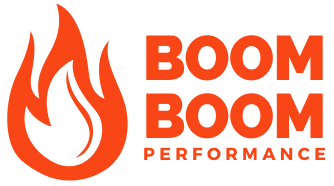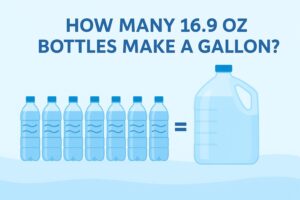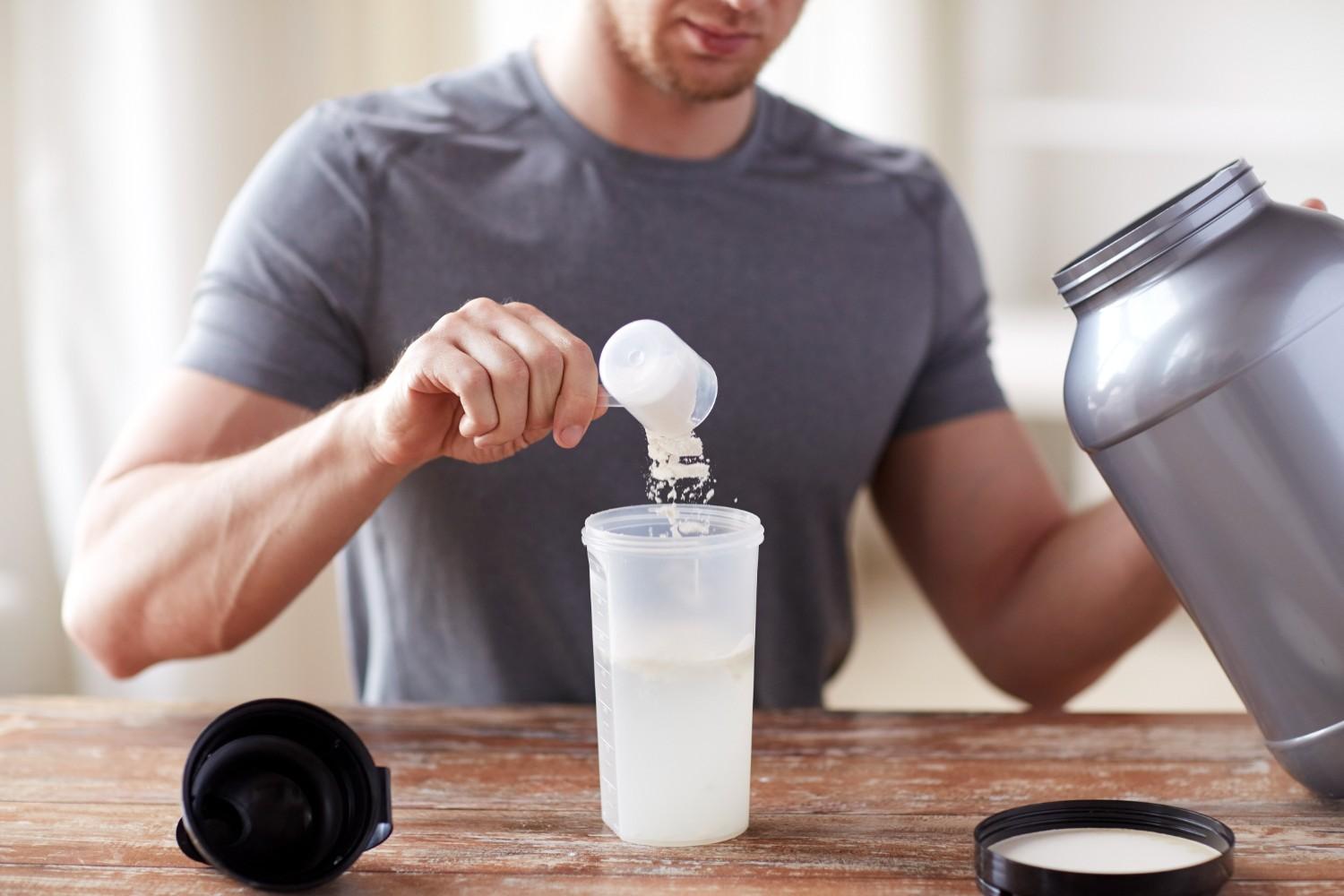
I still remember the first time I decided to try creatine. I had heard all the buzz about it from fellow gym-goers, fitness experts, and even some professional athletes. The idea was simple: increase strength, improve workout performance, and gain lean muscle.
But then I had this nagging question: does creatine make you hungry? It wasn’t just an idle thought. I had read conflicting opinions online, and being someone who’s always looking to optimize my diet and training, I wanted answers. So, I decided to dive into it.
In this post, I’m going to unpack the connection between creatine and appetite, what you can expect when you start supplementing with it, and how it impacts your fitness journey. Spoiler alert: there’s more to creatine than just muscle gains.
What Is Creatine and How Does It Work?
Before we dive into the hunger question, let’s quickly cover what creatine is. Creatine is a naturally occurring compound in the body, found mainly in the muscles. It plays a key role in producing energy during high-intensity exercise.
It’s one of the most studied and effective supplements for increasing strength and power output, particularly during short bursts of intense activity like weightlifting, sprinting, or jumping.
The body stores creatine as phosphocreatine, which helps produce ATP (adenosine triphosphate), the energy currency of your cells.
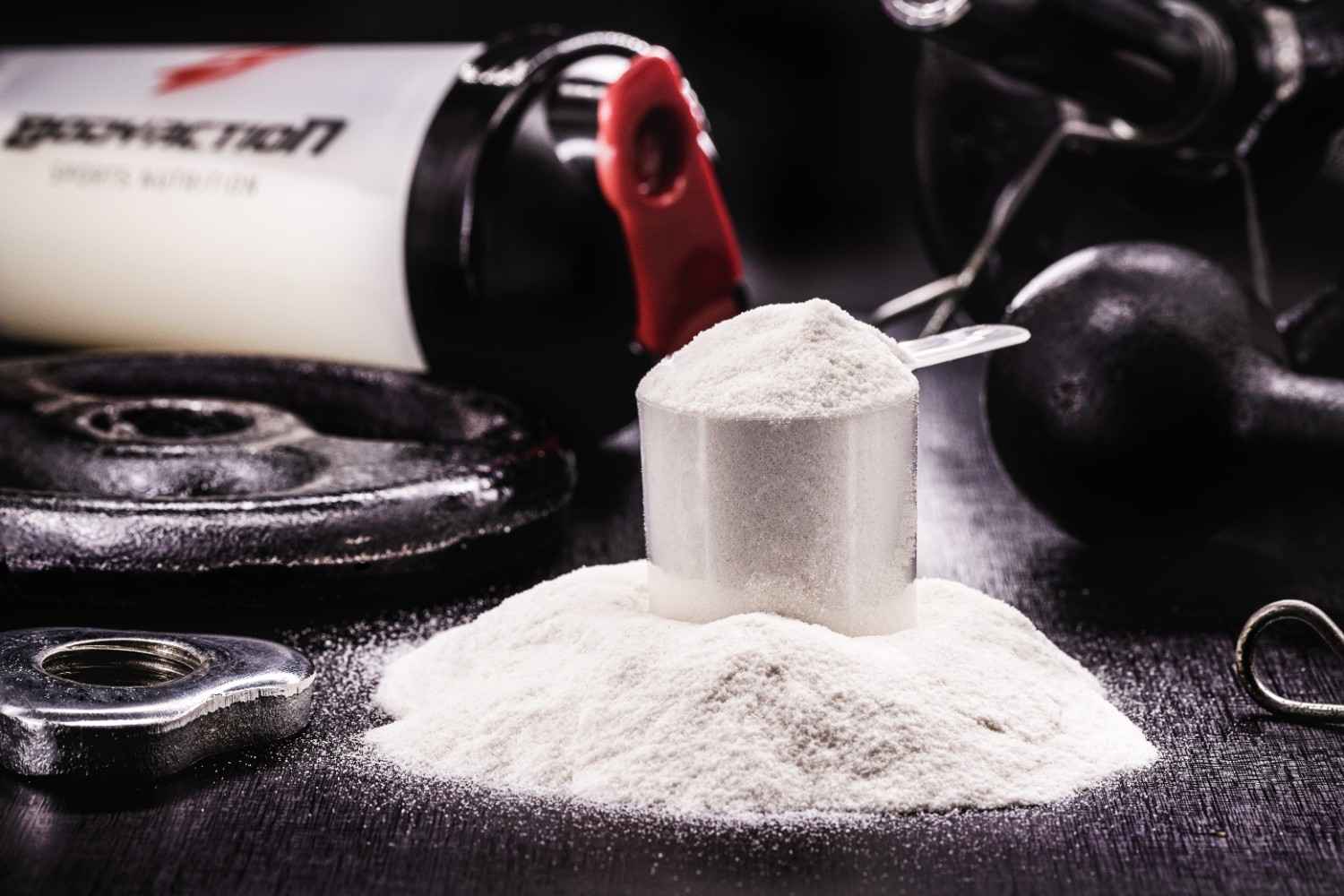
When you supplement with creatine, you increase your stores of phosphocreatine, leading to enhanced performance and quicker recovery.
But here’s where it gets interesting: despite the benefits of creatine, it can sometimes lead to side effects that are a bit more surprising. One of the more commonly discussed concerns is creatine’s impact on appetite. So, does creatine make you hungry?
Does Creatine Make You Hungry? – Does Creatine Increase Appetite? The Truth
No, creatine does not directly make you hungry. However, its impact on energy levels, muscle metabolism, and workout performance can indirectly influence appetite, and experiences may vary from person to person.
Some studies suggest creatine may slightly boost energy expenditure and metabolism, which could lead to increased appetite in certain individuals. On the other hand, research also shows that creatine does not significantly affect food intake for most users.
In many cases, any rise in hunger is linked to the higher intensity of workouts fueled by creatine, as your body demands more fuel to recover and build muscle. Let’s break it down to see why this happens.
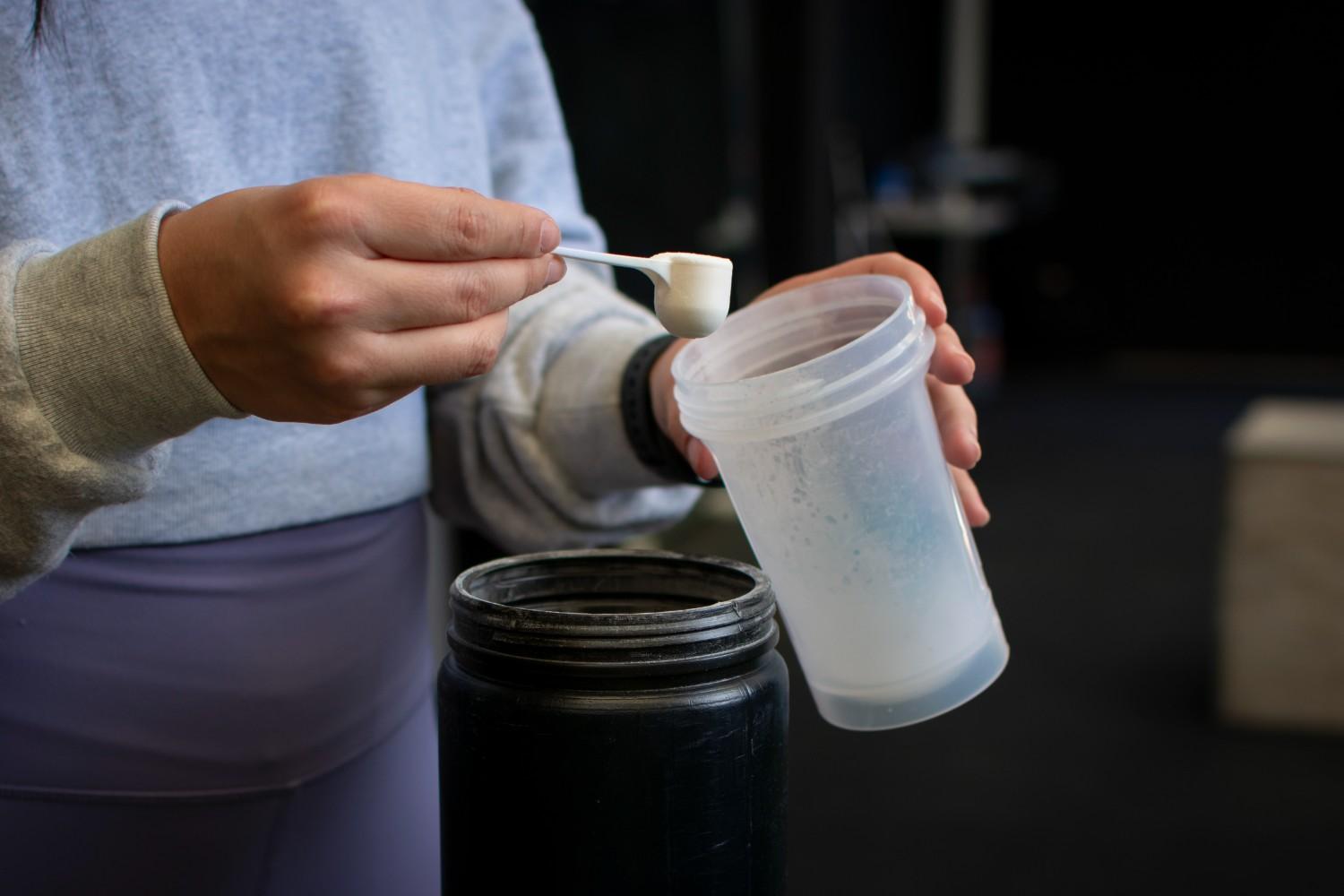
-
Water Retention and Increased Weight
Creatine has a well-known effect on water retention. When you supplement, creatine pulls water into your muscles, which is part of how it increases muscle volume. For some people, this increased water retention can lead to a slightly higher weight on the scale.
This weight gain, especially in the form of water, can trigger hunger signals in some individuals. Why? Your body might require extra nutrients to support the increased hydration in the muscles, leading to a natural feeling of hunger.
-
Energy Demands for Muscular Growth
As your muscles work harder and grow, they need more energy. Creatine supplementation increases your performance, which might mean you’re pushing yourself harder in the gym. This can lead to an increase in your metabolism and energy expenditure.
With more calories burned, your body may signal hunger as a response to refuel. This is especially true if you’re in a calorie deficit or engaging in high-intensity workouts.
-
Insulin Sensitivity and Appetite Regulation
Interestingly, some research suggests that creatine can improve insulin sensitivity, which means your body may become more efficient at using nutrients.
Insulin is a key hormone in appetite regulation, and when your body becomes more sensitive to it, it may encourage better nutrient uptake into muscles and may trigger hunger in some individuals who are supplementing with creatine.
Should You Expect Hunger When Taking Creatine?
If you’re new to creatine supplementation, here’s what I recommend: don’t expect a dramatic shift in your hunger levels. While some people experience a noticeable increase in appetite, others might not feel any difference.
However, it’s important to note that your body is unique. If you’re highly active, supplementing with creatine can mean that your body will demand more calories to support muscle recovery and performance.
You may find that you’re hungrier on training days or after particularly intense workouts. For those who experience an increase in hunger, it’s not necessarily a bad thing. It just means that your body is working harder and asking for more fuel to perform at its best.
How Can You Manage Hunger While Using Creatine?
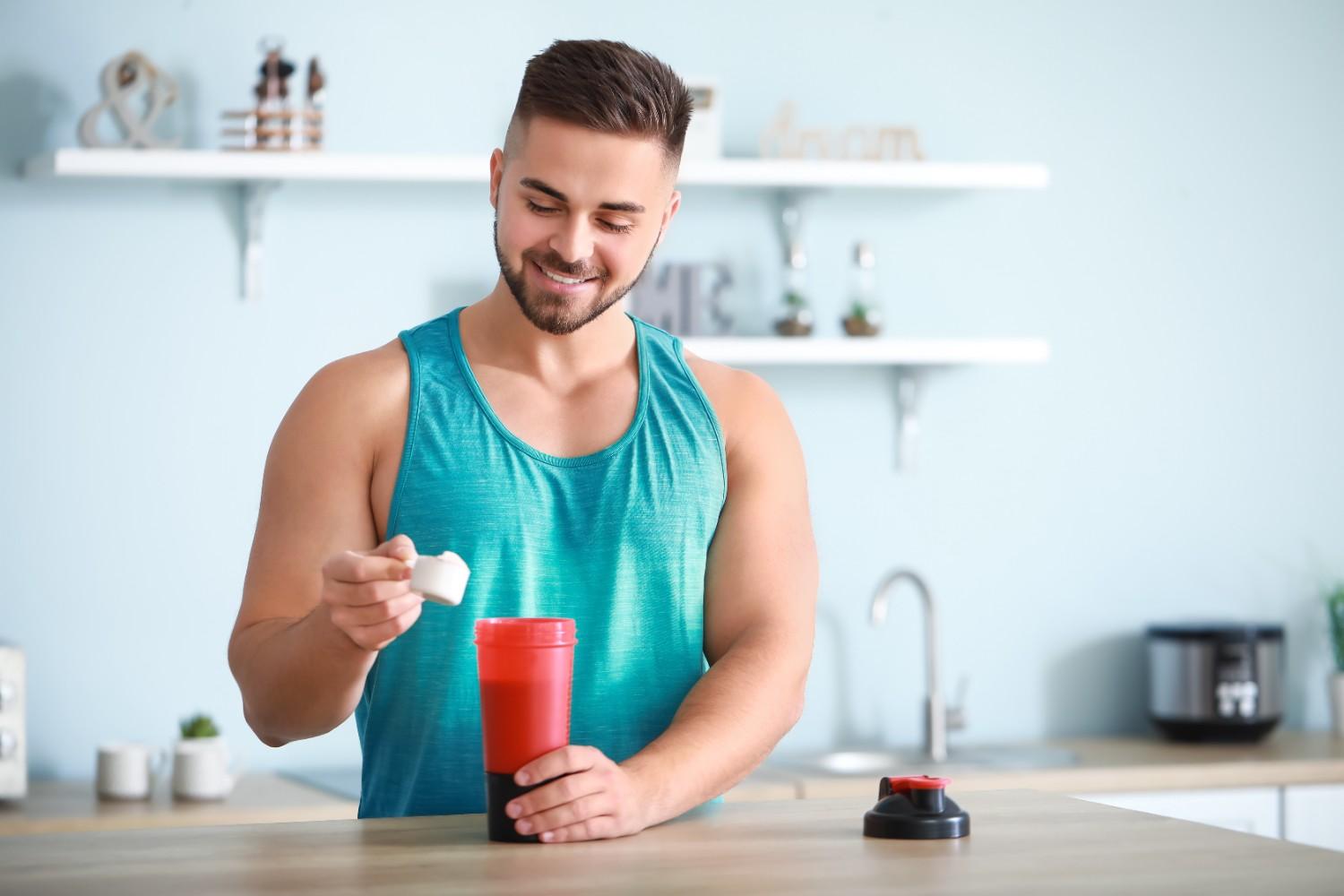
If you find yourself getting hungrier with creatine supplementation, don’t panic. It’s all about managing that hunger properly and maintaining a balanced diet. Here are some tips:
-
Focus on Protein and Fiber-Rich Foods
Make sure you’re eating enough protein and fiber to help keep you full for longer periods. Protein supports muscle repair and growth, which is essential when you’re taking creatine. Fiber helps slow digestion, keeping you fuller for longer and curbing unnecessary cravings. Try incorporating lean meats, legumes, and plenty of vegetables into your meals.
-
Stay Hydrated
Because creatine draws water into your muscles, hydration is crucial. But did you know that dehydration can sometimes cause you to feel hungrier? Make sure you’re drinking plenty of water throughout the day to keep hunger at bay. Aim for at least 3 liters of water daily, more if you’re engaging in intense workouts.
-
Choose Nutrient-Dense Snacks
Instead of reaching for high-calorie, processed snacks when your appetite increases, opt for healthier options. Snacks like Greek yogurt with nuts, apple slices with almond butter, or a handful of trail mix can provide a good balance of nutrients without throwing you off course.
How Much Creatine Should You Take for the Best Results?
The standard creatine dosage is 3-5 grams per day, which is enough to see benefits without any excess. Some people may choose to “load” creatine by taking a higher dose (20 grams per day) for the first 5-7 days, but this isn’t necessary for everyone.
The key is consistency—taking a daily dose for an extended period allows your muscles to become saturated with creatine, resulting in improved performance and recovery.
FAQs: Creatine and Hunger—Common Questions Answered
1. Does creatine always make you more hungry?
Not always. While some people report an increase in appetite due to creatine, it’s not universal. Factors like your workout intensity and hydration levels can influence how hungry you feel.
2. Can creatine cause water retention that makes me hungry?
Yes, creatine can cause water retention in the muscles, which may lead to increased hunger as your body demands more fuel to support the added water weight.
3. Should I eat more when I feel hungry on creatine?
If you’re feeling hungry, listen to your body. Make sure you’re fueling it with the right foods—lean proteins, healthy fats, and whole grains. If you’re training hard, your body may require more calories to recover and perform at its best.
4. Can I prevent hunger while taking creatine?
Staying hydrated, eating nutrient-dense meals, and managing your calorie intake effectively can help you avoid excessive hunger while using creatine.
5. Does creatine make you less hungry?
No, creatine does not make you less hungry. It has no direct effect on appetite-suppressing hormones or hunger signals.
Creatine, Hunger, and Muscle Growth
So, does creatine make you hungry? In some cases, yes. But that doesn’t mean it’s a bad thing. It simply means your body is working harder, and it needs more fuel to support muscle growth and recovery.
If you’re experiencing an increase in hunger, just focus on maintaining a balanced diet and staying hydrated, and you’ll continue to reap the benefits of creatine without overeating.
Whether you’re lifting heavier, pushing yourself in your workouts, or seeing improvements in your muscle mass, remember that creatine is a powerful tool to help you reach your fitness goals. Keep things in check, listen to your body, and stay focused on building the physique you want.
